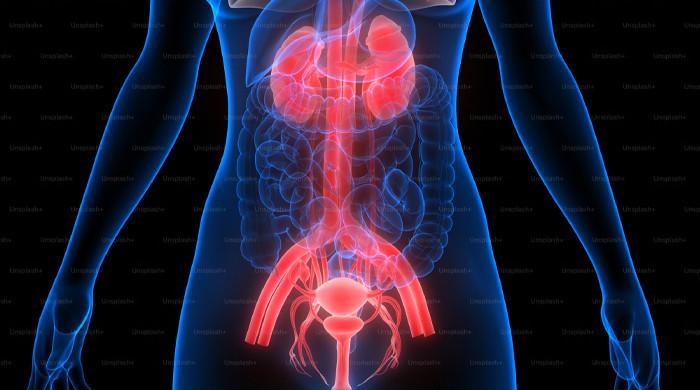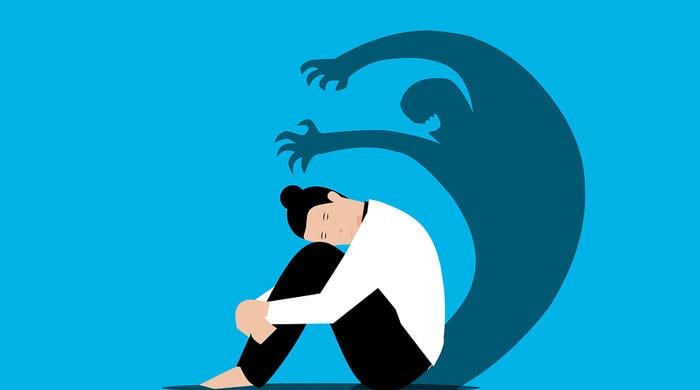Everything to know about Hyperthyroidism with signs & symptoms
Here is an introduction and basic guide to identifying hyperthyroidism
March 28, 2024

Hyperthyroidism:
It is the over functioning of the thyroid gland which results in high production of the thyroid hormones, thyroxine and T3.
Also known as thyrotoxicosis, the excess of these hormones can lead to unpleasant as well as potentially serious health problems.
Causes of hyperthyroidism:
There are a few reasons why the thyroid gland would be triggered or stimulated to overproduce its hormones.
Grave’s disease:
It is an autoimmune response where the body’s own immune system produces antibodies which trigger the gland to overproduce thyroid hormones.
Lumps or nodules on the thyroid gland:
It is an extra tissue that is a result of outgrowth of cells in the thyroid gland which causes thyroid hormone level to be too high.
Medications:
Some anti-arrhythmic medicines such as amiodarone can also stimulate the condition of hyperthyroidism.
Symptoms of hyperthyroidism:
If you suffer from the condition of hyperthyroidism, your body may present one or more of these symptoms as an indication:
- Difficulty in sleeping
- Significant weight loss
- Involuntary twitching or trembling
- Goitre (enlargement or inflammation of the thyroid gland)
- Unusually fast heart rate
- Constant lethargy
- Sensitivity to heat
- Mood swings along with irritability, anxiety and nervousness
When to see a doctor?
If you feel like your body is presenting symptoms of an overactive thyroid or you notice swelling in your neck, it would be best to consult a general physician or endocrinologist.
They would prescribe the best course of treatment to manage the disorder which could vary from medicines, radiotherapy to surgery, depending on your blood reports and diagnosis.









